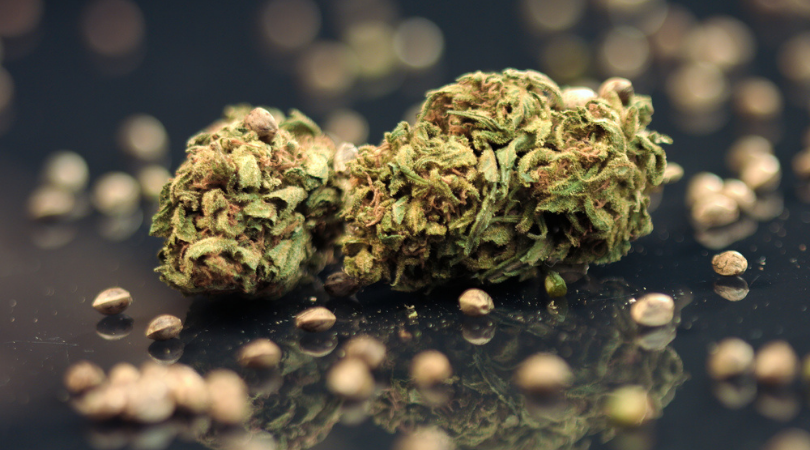The Science Behind High THCA Flower – How It Affects Your Body
Tetrahydrocannabinolic acid THCA is a non-psychoactive cannabinoid found in raw and live cannabis plants. Unlike its well-known counterpart, tetrahydrocannabinol THC, THCA does not produce a high when consumed. However, it offers a variety of potential therapeutic benefits, making it an intriguing subject for both researchers and cannabis enthusiasts.
THCA and the Endocannabinoid System
The endocannabinoid system ECS plays a crucial role in maintaining homeostasis in the body. It is composed of endocannabinoids, receptors, and enzymes that regulate various physiological processes such as mood, appetite, pain, and immune response. THCA interacts with this system primarily through the cannabinoid receptors, CB1 and CB2. While THCA has a low affinity for CB1 receptors, which are abundant in the brain and responsible for the psychoactive effects of THC, it shows a stronger interaction with CB2 receptors. CB2 receptors are primarily found in the peripheral nervous system and immune cells. This interaction suggests that THCA may have significant anti-inflammatory and neuroprotective properties.

Anti-Inflammatory Properties
One of the most researched aspects of THCA is its anti-inflammatory potential. Inflammation is a natural immune response, but chronic inflammation can lead to various health issues, including arthritis, autoimmune diseases, and neurodegenerative disorders. Studies have shown that THCA can inhibit the production of inflammatory enzymes and cytokines, thus reducing inflammation. This makes it a potential therapeutic option for conditions characterized by chronic inflammation.
Neuroprotective Effects
Neurodegenerative diseases such as Alzheimer’s, Parkinson’s, and Huntington’s disease are associated with the gradual loss of neuronal function and structure. Research indicates that THCA may possess neuroprotective properties. It can potentially prevent the death of neurons by reducing oxidative stress and inflammation in the brain. This property makes THCA a candidate for further studies focused on preventing or slowing down the progression of neurodegenerative disorders.
Antiemetic Properties
THCA has also shown promise as an antiemetic, which means it can help reduce nausea and vomiting. This property is particularly beneficial for patients undergoing chemotherapy or those suffering from conditions that induce severe nausea. In animal studies, THCA was found to be more effective than THC in reducing nausea, highlighting its potential as a natural alternative to traditional antiemetic drugs.
Analgesic Effects
Pain management is another area where THCA could offer benefits. While THC is well-known for its pain-relieving properties, THCA is believed to contribute to analgesia through its anti-inflammatory action. By reducing inflammation, THCA can alleviate pain associated with conditions like arthritis and muscle injuries. Additionally, its interaction with the ECS might modulate pain perception, providing relief without the psychoactive effects of THC.
Non-Psychoactive Benefits
One of the significant advantages of THCA is its non-psychoactive nature. This makes it an appealing option for individuals seeking the medicinal benefits of cannabis without the associated high. THCA can be consumed in its raw form, thca flower for sale through juicing fresh cannabis leaves and flowers, or via tinctures and capsules specifically formulated to preserve the cannabinoid.